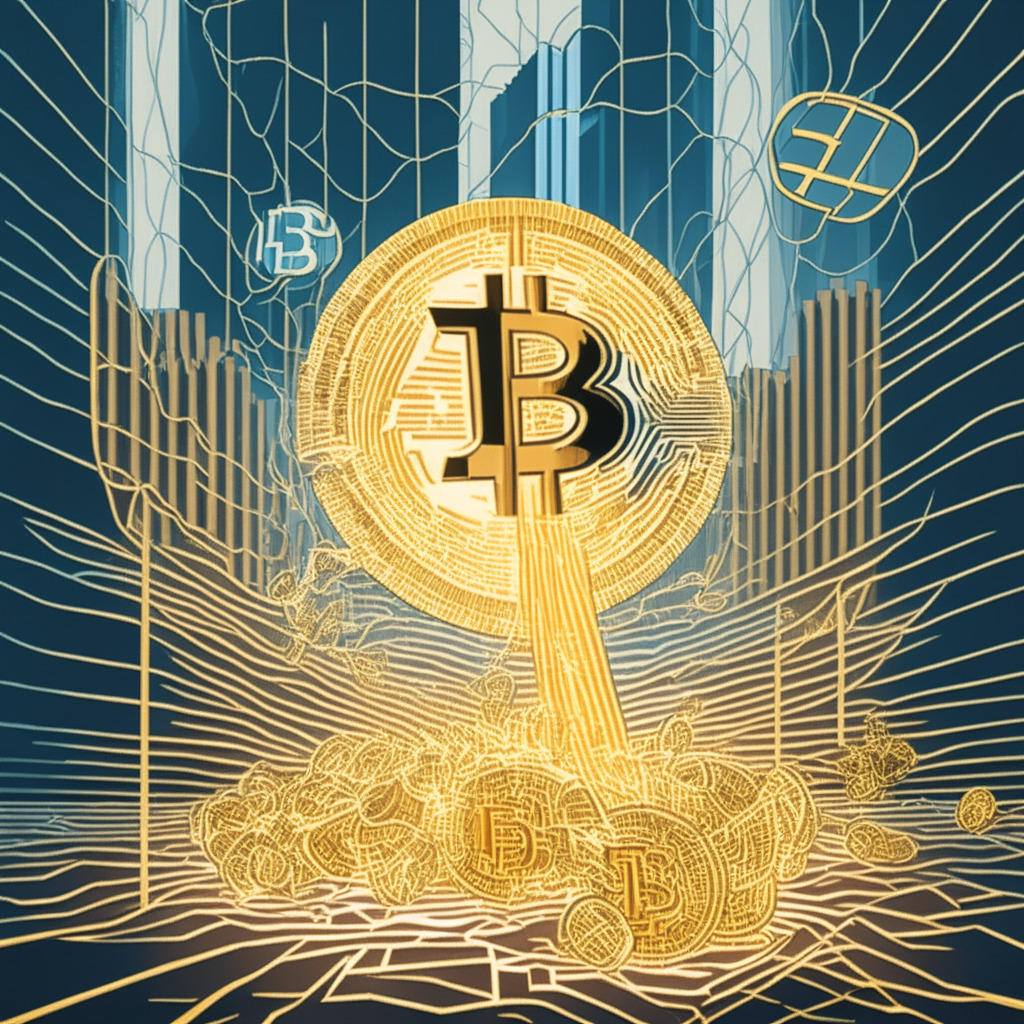The prolonged saga of the infamous Mt. Gox security breach that lost 850,000 units of Bitcoin in 2014 continues to prevail today. The hopes for repayment by the victims of this colossal scam were repeatedly postponed, with the latest notice irking the debtors as the deadline shifted yet again from Oct. 31, 2023, to Oct. 31, 2024.
These delays have caused a demoralizing effect on Mt. Gox creditors, which even led to offers from a New York-based private equity firm wanting to buyout creditor claims in 2020. However, the year-on-year series of requests for postponement has put a dampener on the enthusiasm of investors who were looking forward to the compensation of their losses. In the same year, leaked documents exposed that the exchange became insolvent shortly after the security breach, an event that shook the credibility of Bitcoin’s future.
The unfolding of Mt. Gox’s crisis took a more complicated turn around 2015 when Mark Karpelès, the then Chief Executive Officer, got arrested with charges of computer system manipulation allegations. In the midst of the ongoing bankruptcy proceedings, the confusing claim process and the back-and-forth with the Tokyo court intensified the growing sentiment of mistrust.
Though Mt. Gox promised a small portion of repayments, this assurance dangled like a carrot on a stick with little concrete action taken since. It further adds to the skepticism when only a fraction of BTC is proposed to be repaid to claimants despite the significant surplus bitcoin assets held by Mt. Gox.
The reimbursement saga does not end there: the Tokyo District Court approved yet another extension request in 2020, suggesting that matters warrant closer examination. This resulted in yet another push to the following year. This year, creditors affected by the Mt. Gox collapse are given until January 2023 to register their preferred repayment method. However, with the deadline changes in 2023 from the initial promise, the likelihood of this happening is anyone’s guess.
It reaffirms the belief that the understanding of blockchain technology is crucial for investment in cryptocurrencies. The fragile trust and repeated breaching of promises by such entities like Mt. Gox could spell danger for creditors’ investments. While critics highlight these as pitfalls of unregulated crypto markets, cryptophiles might see them as necessary growing pains in a budding and disruptive industry. The tug of war between the two ends continues to shape the narrative and future of digital currencies. The main friction continues to be credible security measures and repayment honesty we need to overcome for digital currencies to become universally accepted without apprehension.
Source: Cointelegraph




